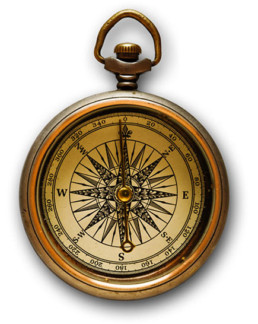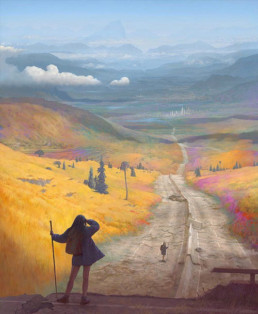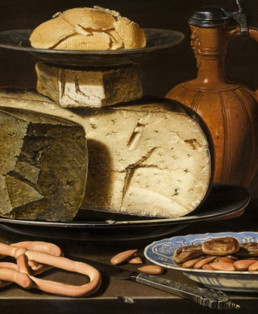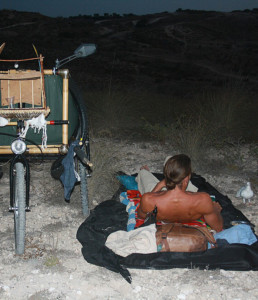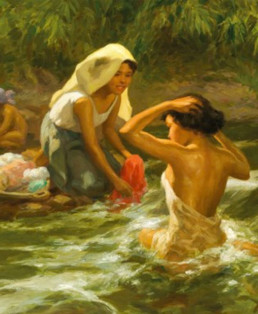Summary
This "mini guide" exposes ONE way of traveling, the following points are shared for information only and are not necessarily the ideal method for everyone or for all terrains. For the decor: it's summer in Spain.In addition, this list is not really exhaustive, but overall you will need to prepare as for a bike trip. Resources on the subject are abundant. ![]() Distances : The point on what we can expect in terms of mileage and some travel constraints.
Distances : The point on what we can expect in terms of mileage and some travel constraints. ![]() Food and water : Some say we are what we eat, so I'm a big cheese.
Food and water : Some say we are what we eat, so I'm a big cheese. ![]() Typical day : The schedules with the corresponding activities of a day of travel.
Typical day : The schedules with the corresponding activities of a day of travel. ![]() The camp : Because the quality of the night will determine the quality of the day, the camp is an important point.
The camp : Because the quality of the night will determine the quality of the day, the camp is an important point. ![]() Hygiene : Respect ourselves, respect others: let's wash.
Hygiene : Respect ourselves, respect others: let's wash.
Distances
This choice of mode of travel remains slower than a bicycle trip. To make matters worse, after weighing at a Spanish scrap dealer, the total weight of the cart could reach 70 kilos.The distances traveled per day were very variable. This could range from 20 to 70km depending on several determining factors, in this order of importance:
Food and water
The jerrycan of 8 liters of water lasted a little over a day while food reserves could last between 3 and 4 days. Ideally it's best to adapt your diet to where you are for economic and convenience reasons.On the road I prefer to eat cold, less preparation. In Spain it was cereal bars with chocolate and banana in the morning. In the afternoon and evening : bread, cheese, fuet (Spanish sausage), zucchini and olives. However a small alcohol stove to make tea from time to time is not a luxury.It is always good to have some candies for down moments. And the best is to drink a small gourd a day with electrolytes.
A typical day
6h30 - 7h
Gaia is a bird, she always wakes up a little before the sun rises and does not fail to jump on me. Breakfast and storage.
7h30 - 8h
We hit the road until the sun is too high to continue.
11h - 12h max
It's lunch time and nap in the shade.
16h - 16h30
We leave.
19h
Either refueling or terrace and logbook.
20h
it's time to leave urban areas and find a place for the night.
Set up the camp, have dinner, sing some songs with Gaia and it's already dark.
Camp
It's really very important to take the time to find your place to spend your nights, if you sleep badly or in a dirty place it will really influence your morale. You will recognize this place when you see it. To sleep, no tent but an umbrella cloth (2x3m) not to roll in the dust, but also in case of rain. An inflatable short mat with a wonderful pillow for the feet, backpack for the head, two magic blankets and voila. Gaia had her nest high on the cart. When we were far enough away from the roads and houses and the wind allowed it, we lit a small bonfire.
Hygiene
It is necessary to know how to take advantage of the opportunities that the road offers, the ideal is still the rivers or the lakes (when they are clean). Otherwise a well equipped coastline with showers on the beaches. You can wash yourself and do your laundry (by prelinging it in the sea). Or, nice people who have in their garden willingly lend their hoses.The last option is to wash with the jerrycan water ... the minimum vital is the inside of the thighs, the salt of perspiration causes nasty burns with friction.


